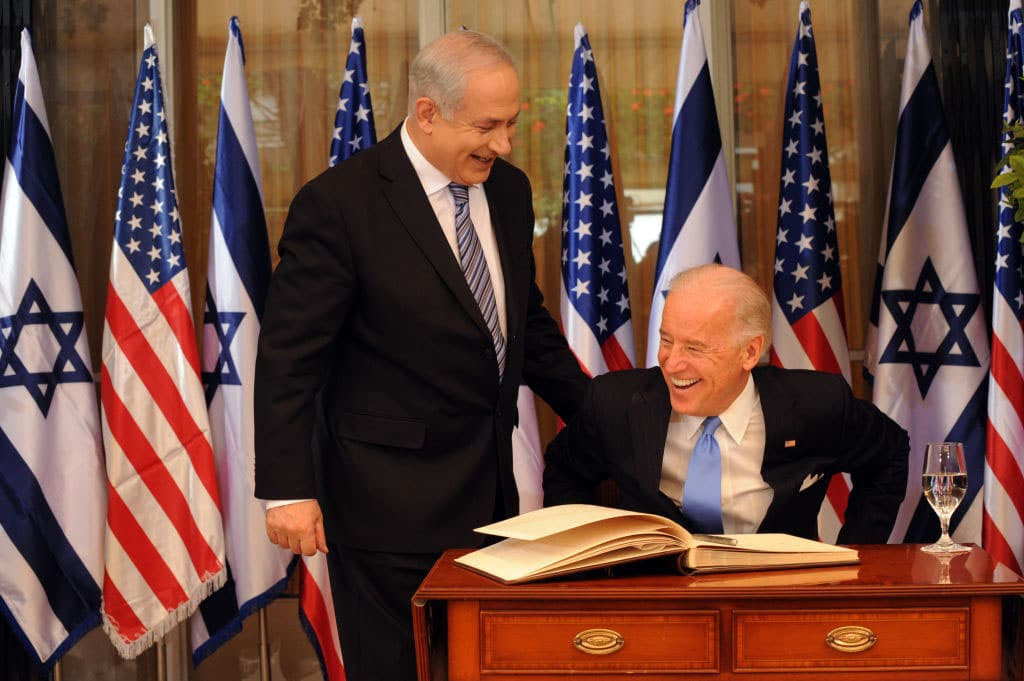UNPACKED – What Will Relations Between the US and Israel Look Like Under President Joe Biden?
First The MLK’s Jewish Connection
Rev. Dr. Martin Luther King Jr’s legacy of change through nonviolence and civil disobedience is well known. You might be surprised to know that he was deeply connected to the Jewish community. There were Jewish leaders like Rabbi Abraham Joshua Heschel and Rabbi Joachim Prinz who stood by MLK’s side in his fight for civil rights. How are these relationships still relevant today? After watching the video, use the prompts below to learn more and get your students thinking.
This week’s topic was suggested by Nanette Fridman, founder and president of Fridman Strategies and one of our Weekly readers, from Newton, Mass.
Fridman suggested we address a question educators across the spectrum have been asking for months: “How are relations between the U.S. and Israel likely to be under President Joe Biden and Vice President Kamala Harris‘ administration?”
We reached out to four leading figures in the world of American politics, history and the US-Israel relationship: Mohammed Dajani Daoudi, Yossi Klein Halevi, Sara Hirschhorn and Gil Troy. We asked them to share their thoughts and predictions about how the Biden administration will engage with Israel, the Palestinians, Iran and the Abraham Accords.
While it’s important to hear what the experts have to say, if we want to defeat the paradoxically self-serving and self-defeating partisanship that too often plagues the world and the Jewish people, there is another question we also ought to ask and answer: How do we speak about this with our students?
Let’s unpack, uncover, excavate and explore this topic. Let’s learn.
Normalization Agreements |
| As presidential candidate, Biden welcomed the normalization agreements between Israel, the UAE and Bahrain.
In a statement following the deals, Biden said his administration would “build on these steps, challenge other nations to keep pace, and work to leverage these growing ties into progress toward a two-state solution and a more stable, peaceful region.” Koplow wrote that the Biden administration should continue normalization efforts, stating, “Normalization between Israel and its former foes not only benefits Israel, but benefits American interests and regional stability as well, and puts to rest an ugly boycott that delegitimizes Israel’s fundamental right to self-determined sovereignty.” |
|
||||||
|
|
|
||||||
|
|
|









